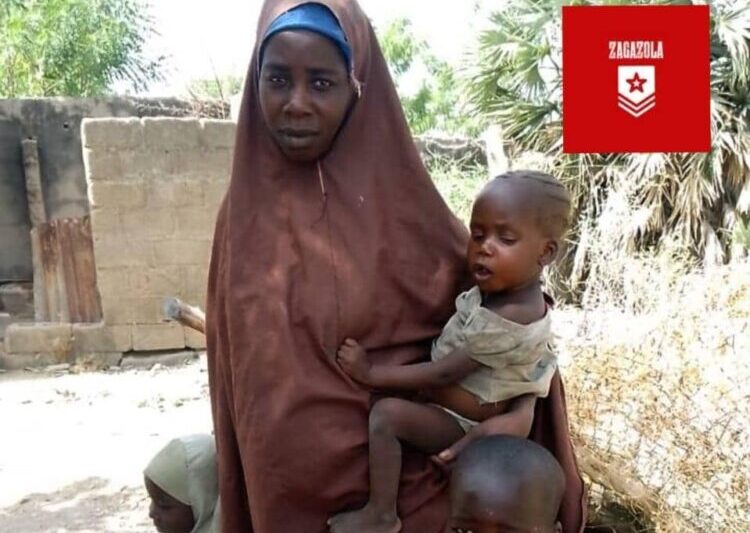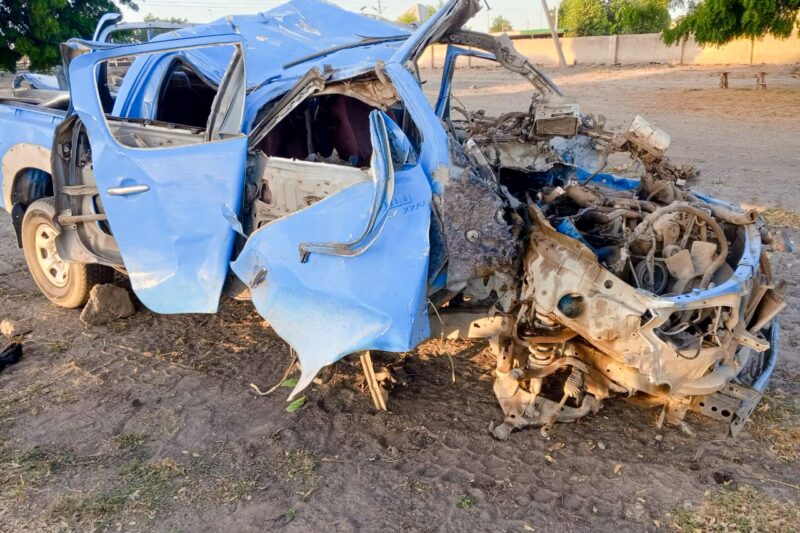According to multiple sources Abubakar Shekau, the leader of the jihadist group Jamā’at Ahl as-Sunnah lid-Da’wah Wa’l-Jihād (JAS, OR Boko Haram), was seriously wounded and possibly killed in a suicide attempt to avoid surrender to rival Islamic State-linked jihadists in northeastern Nigeria.
After a series of battles with fighters from the rival Islamic State in West Africa (ISWAP) group, Abubakar Shekau and several of his men found themselves surrounded on Wednesday in their stronghold, the Sambisa forest, the sources said. “To avoid being captured, Shekau shot himself in the chest, and the bullet went through his shoulder. He was seriously wounded,” said one of the sources. Some of his fighters managed to escape and took him with them, the source said. A second intelligence source told AFP that Abubakar Shekau was severely wounded after activating explosives in the house where he had taken refuge with his men.
The Nigerian army and authorities had not reacted by late morning when contacted by AFP. Northeast Nigeria has been plagued by a jihadist insurgency for more than a decade. The conflict, which began with Boko Haram attacks in 2009, has killed more than 40,000 people and forced 2 million to flee their homes. The violence has also spread to neighbouring Niger, Chad and Cameroon.Abubakar Shekau and his group abducted nearly 300 teenage girls from a boarding school in Chibok in 2014, sparking international outrage. Since the insurgency began, the elusive and violent jihadist leader has been given up for dead several times.
In 2016, the group split into two, with the historic faction led by Abubakar Shekau controlling the area around the Sambisa Forest and the Islamic State (IS) recognised ISWAP, controlling its stronghold area around Lake Chad. In recent years, ISWAP has grown in strength, gaining territory and launching more sophisticated attacks.








